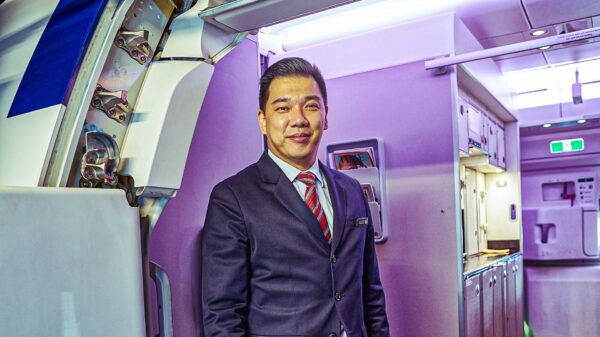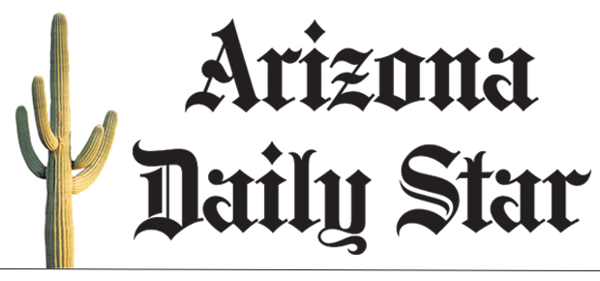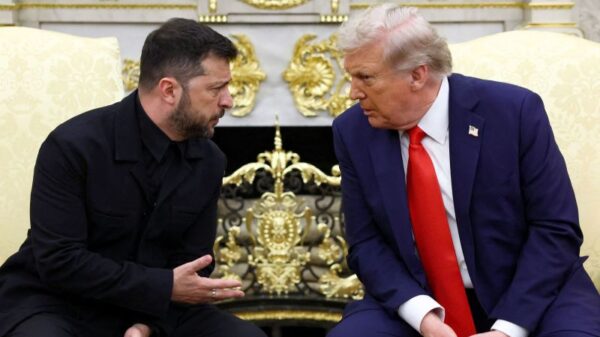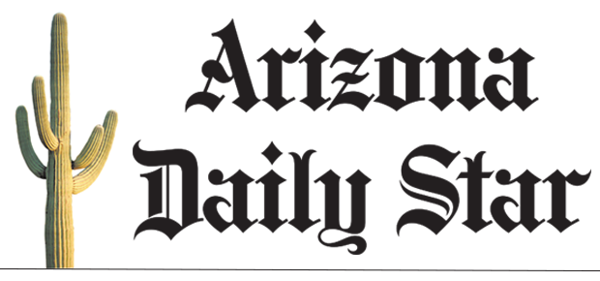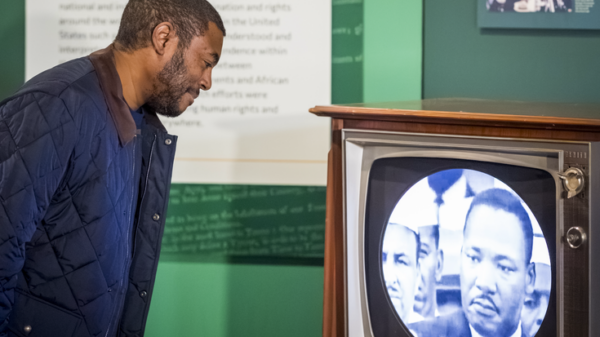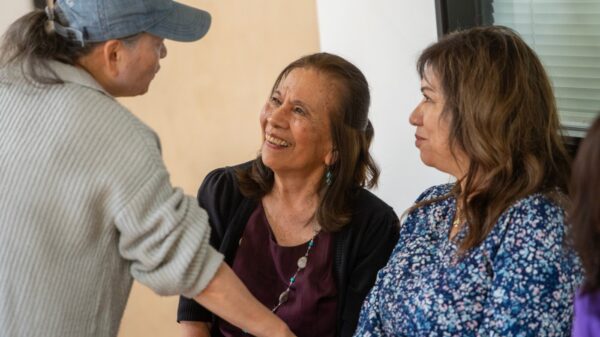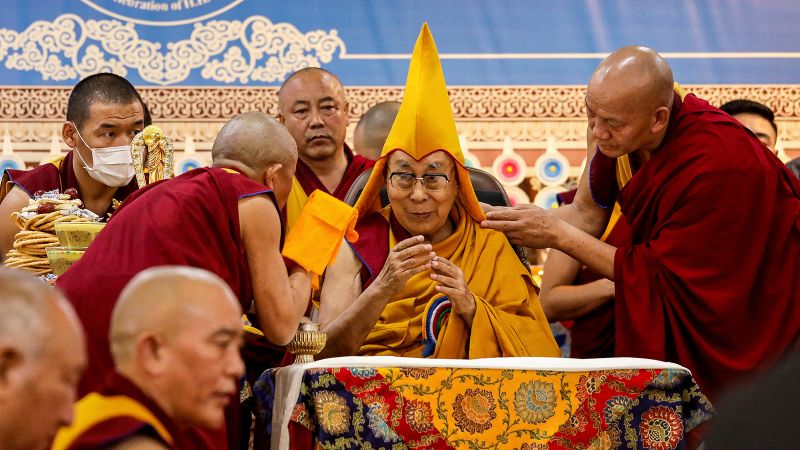The Dalai Lama has announced his intention to ensure the continuation of the Tibetan spiritual leadership after his passing, a decision that intensifies the ongoing conflict with China’s Communist Party over Tibet’s future. This declaration was made on Wednesday via a video message to religious elders gathered in Dharamsala, India, where the Dalai Lama has resided since fleeing Tibet in 1959 following a failed uprising against Chinese rule.
“I am affirming that the institution of the Dalai Lama will continue,” he stated in the pre-recorded message, referencing numerous requests from Tibetans and Tibetan Buddhists. He emphasized that the Gaden Phodrang Trust will have the sole authority to recognize his future reincarnation, dismissing any external interference. The procedures for identifying the next Dalai Lama will adhere to traditional practices, he assured.
The Historical Context of the Dalai Lama’s Succession
The Dalai Lama’s role as the spiritual leader of Tibetan Buddhism has been a cornerstone of Tibetan identity for centuries. Traditionally, the reincarnation of the Dalai Lama is identified through a complex process involving high lamas and spiritual signs. However, the Chinese government has consistently sought to assert its influence over this process, claiming the right to approve the next Dalai Lama, a stance that has been met with resistance from the Tibetan community.
In a memoir published earlier this year, the Dalai Lama insisted that his successor would be born outside of China, in the “free world,” urging his followers to reject any candidate endorsed by Beijing. This sets the stage for a potential clash, with the possibility of two rival Dalai Lamas emerging: one recognized by the Tibetan spiritual community and another sanctioned by the Chinese authorities.
China’s Position and the Implications for Tibetan Buddhism
China’s Communist Party has long viewed the Dalai Lama as a separatist threat, despite his assertions of seeking genuine autonomy rather than independence for Tibet. The Chinese government has implemented various measures to integrate Tibet into the Chinese state, including economic investments and infrastructure projects, often criticized as attempts to dilute Tibetan culture and identity.
The announcement by the Dalai Lama comes just days before his 90th birthday, a milestone that underscores the urgency of the succession issue. The Chinese government has maintained that it holds the ultimate authority over religious matters in Tibet, a claim rooted in its broader strategy to control religious practices within its borders.
Expert Opinions on the Future of Tibetan Leadership
Experts in Tibetan affairs suggest that the Dalai Lama’s decision to publicly affirm the continuation of his role is a strategic move to strengthen the Tibetan cause on the global stage. According to Dr. Tenzin Dorjee, a scholar of Tibetan Buddhism, “The Dalai Lama’s announcement is a clear message to both the Tibetan people and the international community that the spiritual leadership will not be dictated by Beijing.”
Meanwhile, Lobsang Sangay, the former President of the Tibetan Government in Exile, has emphasized the importance of international support in safeguarding Tibetan cultural and religious heritage. “The world must recognize the unique identity of Tibet and support our right to self-determination,” he stated in a recent interview.
Looking Forward: The Battle for Succession
The Dalai Lama’s pronouncement sets the stage for a high-stakes battle over his succession, with significant implications for the Tibetan community and its relations with China. The prospect of two competing Dalai Lamas could further complicate the already tense situation, potentially leading to increased international scrutiny and involvement.
As the Tibetan spiritual leader approaches his 90th birthday, the question of his succession remains a pivotal issue. The Dalai Lama has indicated that he will consult with high lamas and the Tibetan public when he turns 90 to reassess the future of his role. This decision will likely be influenced by the evolving political landscape and the ongoing struggle for Tibetan autonomy.
The world watches closely as this spiritual and political saga unfolds, with the potential to reshape the dynamics of Tibetan Buddhism and its relationship with China. The Dalai Lama’s commitment to ensuring the continuity of his leadership underscores the enduring significance of his role in the Tibetan struggle for identity and autonomy.








